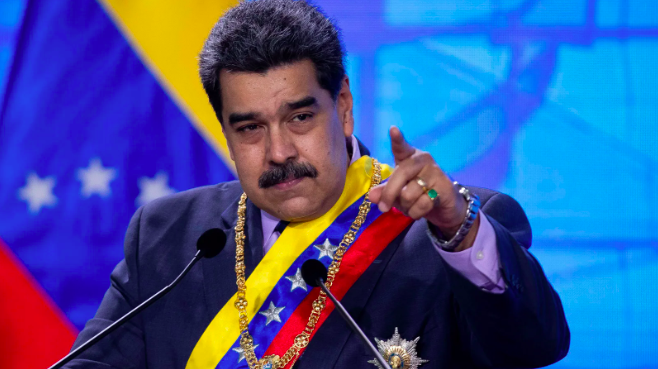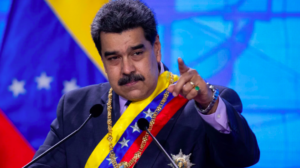
Tensions between the United States and Venezuela have reached their peak. Joe Biden’s administration has decided not to renew the licenses for oil and gas exploitation in Venezuela. This measure was taken in response to the prohibition of the opposition María Corina Machado to participate in the presidential elections, which demonstrates the firmness of the Chavista regime and has led the U.S. government to take stronger measures.
The decision taken by the United States represents a drastic change in its position regarding Venezuela. Until recently, the Biden administration had eased some economic sanctions with the goal of encouraging free and fair elections in 2024. However, following the Venezuelan Supreme Court ruling, the U.S. believes this violates the Barbados agreement signed in October of last year. In response, the Venezuelan government condemned the U.S. decision, calling it “crude and inappropriate blackmail”.
The suspension of oil and gas imports in late spring would be a severe blow to Venezuela, whose economy is heavily dependent on the production and export of these natural resources. In addition, a decision to halt deportation flights of Venezuelan migrants from the United States would also be a move that would directly affect the Maduro government, which has been lobbying Washington to ease pressure on migrants fleeing the country in search of better living conditions.
This latest “letter” from Biden to Venezuela shows a firmer and more determined stance to pressure the Maduro regime to restore democracy and respect for human rights in the country. However, it can also be seen as an ultimatum that could trigger an escalation in the tension between the two nations and further worsen the political and economic crisis in Venezuela.
The impact of these measures on the Venezuelan population remains uncertain, but it would undoubtedly affect thousands of people who are already suffering the consequences of the crisis. The U.S. decision could also have an effect on other countries in the region, especially those dependent on Venezuelan oil.




